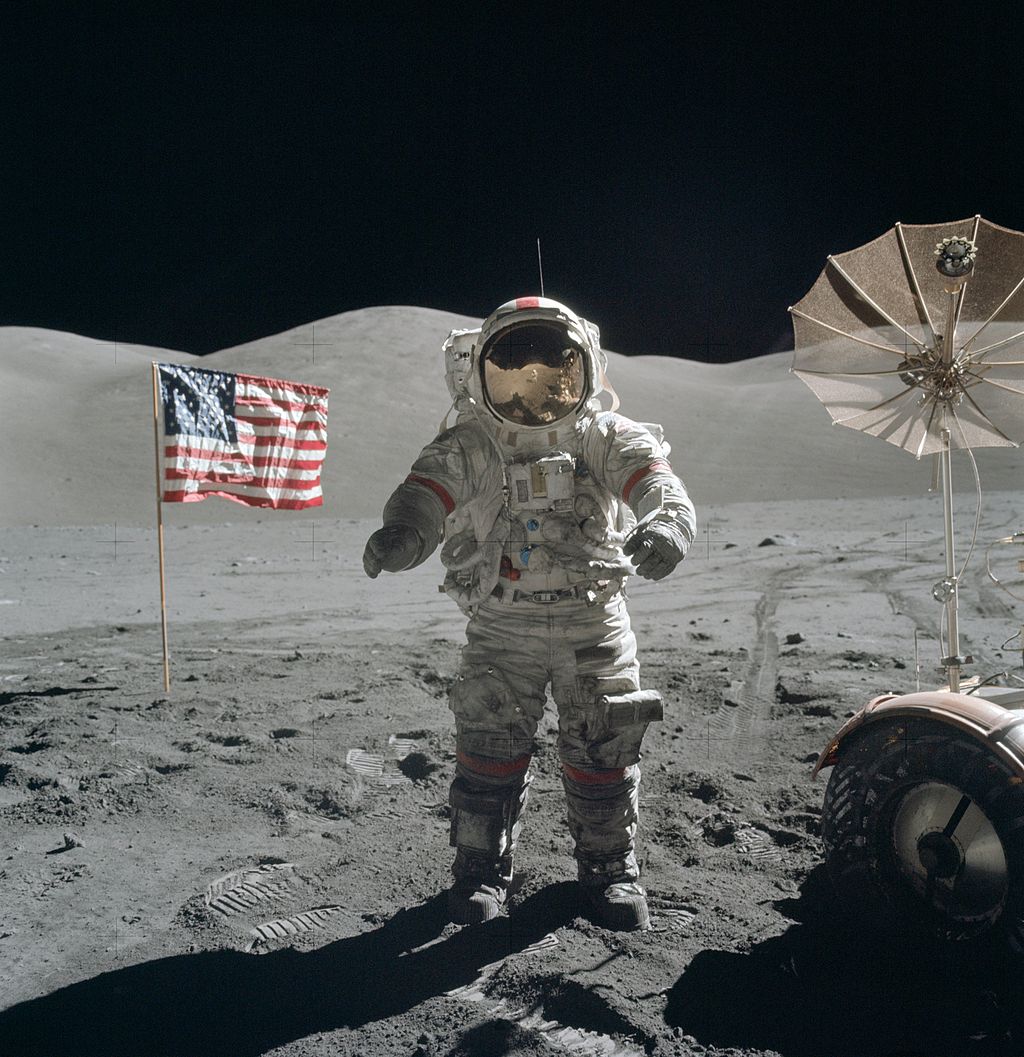Late Modern Period 1945–2000
After World War II ended in 1945, the United Nations was founded in the hope of allaying conflicts among nations and preventing future wars. The Soviet Union, the United States, the United Kingdom and China were recognized as the Allied "Big Four" during the war and considered as the primary victors of World War II. With the addition of France, these five countries became the permanent seats in the United Nations Security Council. The war had, however, left two nations, the United States and the Soviet Union, with principal power to guide international affairs. Each was suspicious of the other and feared a global spread of the other's political-economic model. This led to the Cold War, a forty-five-year stand-off between the United States, the Soviet Union, and their respective allies. With the development of nuclear weapons and the subsequent arms race, all of humanity were put at risk of nuclear war between the two superpowers. Such war being viewed as impractical, proxy wars were instead waged, at the expense of non-nuclear-armed Third World countries.
The Cold War lasted to the 1990s, when the Soviet Union's communist system began to collapse, unable to compete economically with the United States and western Europe; the Soviets' Central European "satellites" reasserted their national sovereignty, and in 1991 the Soviet Union itself disintegrated. The United States for the time being was left as the "sole remaining superpower".
In the early postwar decades, the African and Asian colonies of the Belgian, British, Dutch, French and other west European empires won their formal independence. These nations faced challenges in the form of neocolonialism, poverty, illiteracy and endemic tropical diseases.
Many Western and Central European nations gradually formed a political and economic community, the European Union, which expanded eastward to include former Soviet satellites.

The 20th century saw explosive progress in science and technology, and increased life expectancy and standard of living for much of humanity. As the developed world shifted from a coal-based to a petroleum-based economy, new transport technologies, along with the dawn of the Information Age, led to increased globalization. Space exploration reached throughout the solar system. The structure of DNA, the template of life, was discovered, and the human genome was sequenced, a major milestone in the understanding of human biology and the treatment of disease. Global literacy rates continued to rise, and the percentage of the world's labor pool needed to produce humankind's food supply continued to drop.
The technologies of sound recordings, motion pictures, and radio and television broadcasting produced a means for rapid dissemination of information and entertainment. In the last decade of the twentieth century, a rapid increase took place in the use of computers, including personal computers. A global communication network emerged in the Internet. The century saw several global threats emerge or become more serious or more widely recognized, including nuclear proliferation, global climate change, deforestation, overpopulation, deadly epidemics of diseases such as Ebola virus, near-Earth asteroids and comets, supervolcano eruptions, and the dwindling of global natural resources (particularly fossil fuels).
HISTORY

RESOURCES
This article uses material from the Wikipedia article History of the World", which is released under the Creative Commons Attribution-Share-Alike License 3.0.
© Stories Preschool. All Rights Reserved.






